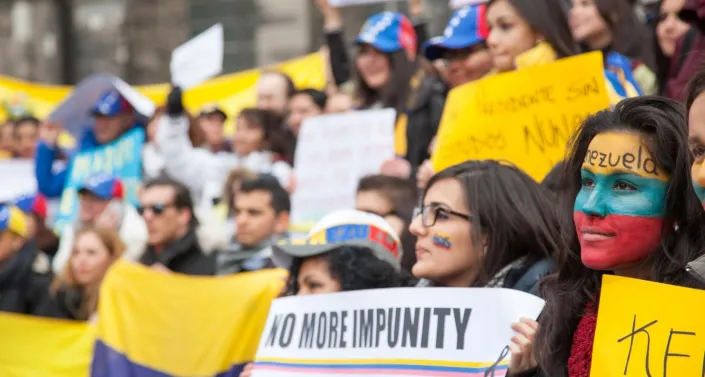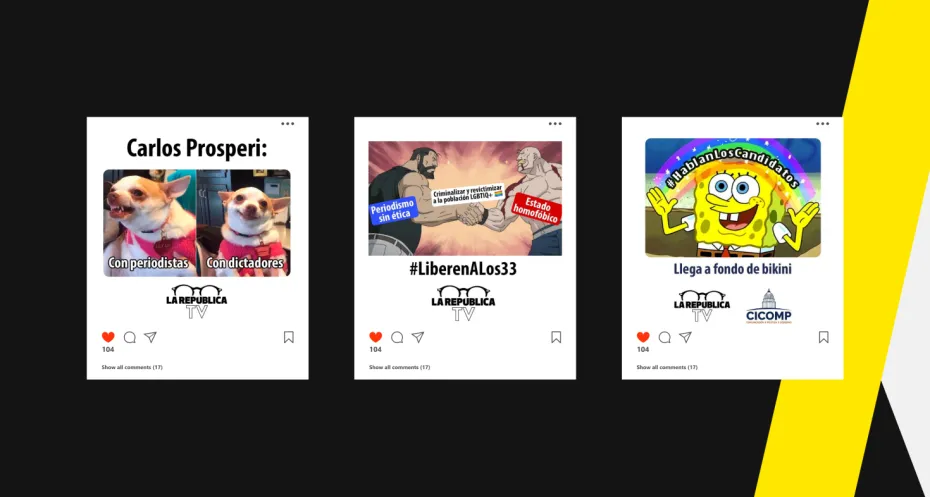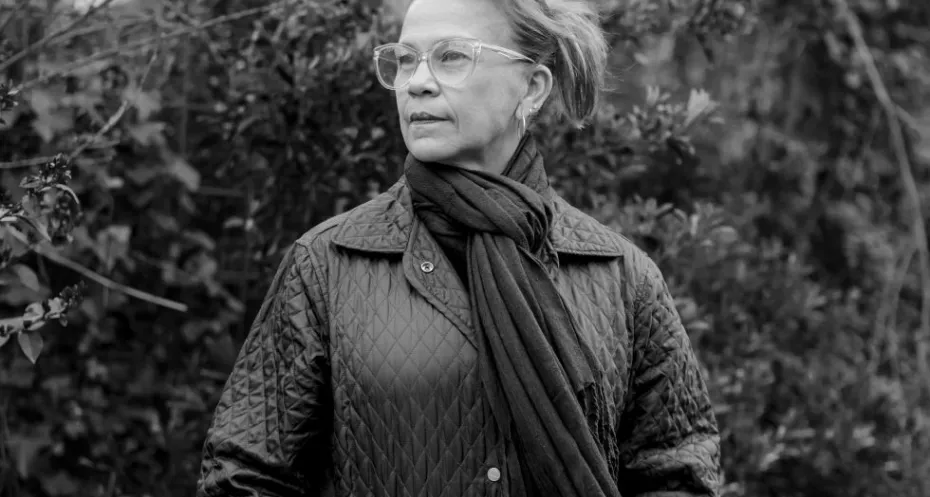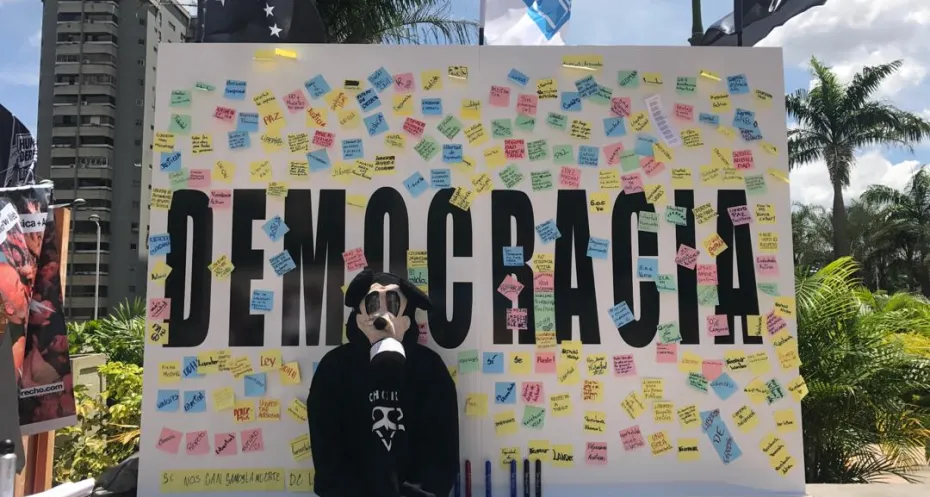
Venezuela
Since Venezuela's 2020 parliamentary elections, Nicolás Maduro's regime has gained control of parliament, and the opposition has further weakened. This year’s legislative and presidential elections have further solidified an authoritarian regime that has eroded the country’s democratic institutions, including the judiciary and legislature. Attacks on journalists and human rights defenders have increased, and the media landscape has become more restricted since Maduro’s re-election on July 28, with the passing of laws curtailing freedom of expression and the civil society. The country is therefore ranked 159th out of 180 countries on the RSF Press Freedom Index.
The current electoral period has seen mass detentions, persecution of journalists and dissidence comparably worse to mass detentions in other violent dictatorships, such as Pinochet’s repressive regime in Chile. Maduro and his allies continue to try to silence independent media and maintain constant control of reporting.
Tense environment for journalists
The climate for journalists in Venezuela is extremely tense, exacerbated by President Maduro's frequent claims of "media warfare" in his attempts to discredit national and international media criticism of his administration. This stigmatizing rhetoric towards the media has been a pattern since Chávez's rule and is now common in state-owned outlets, TV shows, and government officials’ social media accounts. Further complicating matters are phone line interceptions—such as the 1.5 million communications intercepted by Movistar Venezuela in 2022, that contribute to the difficulty of operating as a journalist. Civil society indexes like Civicus Monitor report a “closed" status for civil liberties in the country.
Arrests and prosecutions
The beginning 2024 has already seen high-profile arrests of activists like Rocío San Miguel. The pre-electoral arrests were indicative of an upcoming challenging electoral period.
Following Maduro’s controversial re-election in a process lacking trasparency as criticized by organizations such as the Carter Center and the United Nations, there has been a marked increase in arrests and censorship of journalists. By August 2024, approximately 1,400 individuals had been detained for participating in opposition protests or expressing dissent during the post-electoral period.
Administrative restriction and media closures
Violence and threats against journalists and outlets have become daily realities, and the current post-election crisis poses even greater challenges. The National Commission of Telecommunications (CONATEL) routinely removes broadcast frequencies from radio and TV stations critical of the government. There have also been threats to ban social media platforms like X (formerly Twitter) and WhatsApp.
During 2022 and 2023, the government ordered the closure of 93 radio stations, a process that continued throughout 2024. CONATEL is also responsible for orchestrating internet blackouts and social media restrictions. Print media outlets, meanwhile, suffer from chronic shortages of newsprint, further limiting press freedom.
A worsening legal framework
In the aftermath of the recent elections, the legal environment has deteriorated further, with the government passing laws on "anti-fascism," "anti-terrorism," "cyberattacks," and NGO surveillance. Experts indicate that these are laying the groundwork for a swift and repressive legal apparatus, which is to be used by the regime in the coming years.
Escalating attacks on journalists
The intimidation of independent media in Venezuela has been worsening since 2017, following the passage of a defamation law, and with the new laws surveying public discourse, civil society and the press. Many journalists have fled the country due to threats of violence.
Since the most recent elections, the crackdown has accelerated. Many journalists have resorted to using AI technology or other methods to conceal their identities when reporting, avoiding public speaking for fear of reprisals. As of September 2024, a few days after Maduro’s re-election, eight press workers have been detained, according to the National Union for Journalists (SNTP).
Our work in Venezuela
Free Press Unlimited provides financial and capacity building support to in-country partner organisations in Venezuela. These partners provide help to journalists who are threatened or detained because of their reports, and also support independent media outlets with training activities.



